The good news may be that nature is phasing out the white man, but the bad news is that's who she thinks we all are
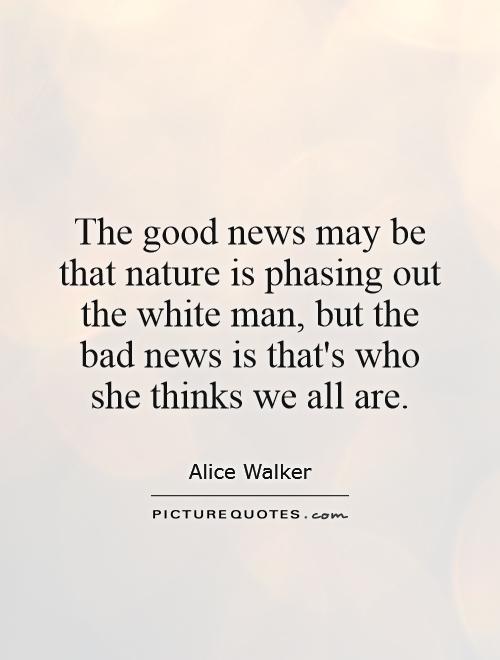
The good news may be that nature is phasing out the white man, but the bad news is that's who she thinks we all are
Alice Walker, a renowned author and activist, has long been a voice for social justice and equality. Her works often explore themes of race, gender, and the environment, making her a powerful advocate for marginalized communities. In the context of the quote "The good news may be that nature is phasing out the white man, but the bad news is that's who she thinks we all are," Walker's perspective on the intersection of race and the environment is particularly relevant.The quote suggests that nature is moving away from the dominance of white men, who have historically been the primary drivers of environmental destruction. This can be seen in the exploitation of natural resources, pollution, and climate change, all of which have disproportionately impacted communities of color. Walker's work often highlights the ways in which systemic racism and environmental degradation are interconnected, emphasizing the need for a more inclusive and sustainable approach to protecting the planet.
However, the quote also points to a troubling reality: that the perception of whiteness as the default human experience persists, even as nature itself rejects the destructive tendencies associated with white supremacy. This highlights the need for a more nuanced understanding of race and identity, one that recognizes the diversity of human experiences and the ways in which different communities are impacted by environmental issues.

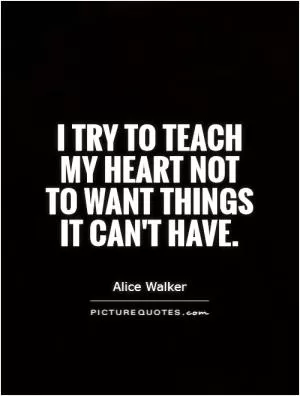
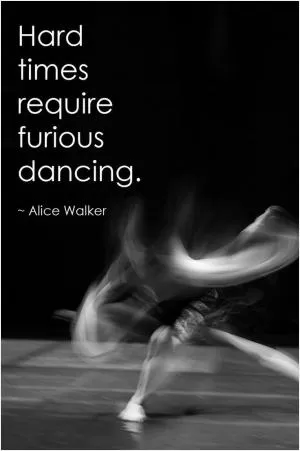

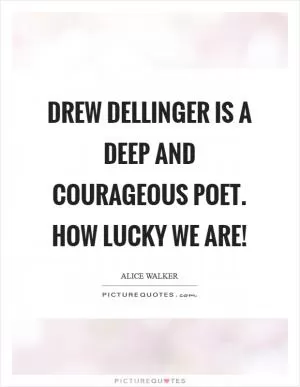




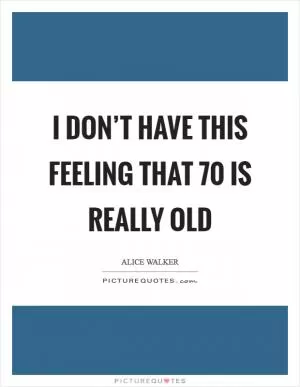


 Friendship Quotes
Friendship Quotes Love Quotes
Love Quotes Life Quotes
Life Quotes Funny Quotes
Funny Quotes Motivational Quotes
Motivational Quotes Inspirational Quotes
Inspirational Quotes